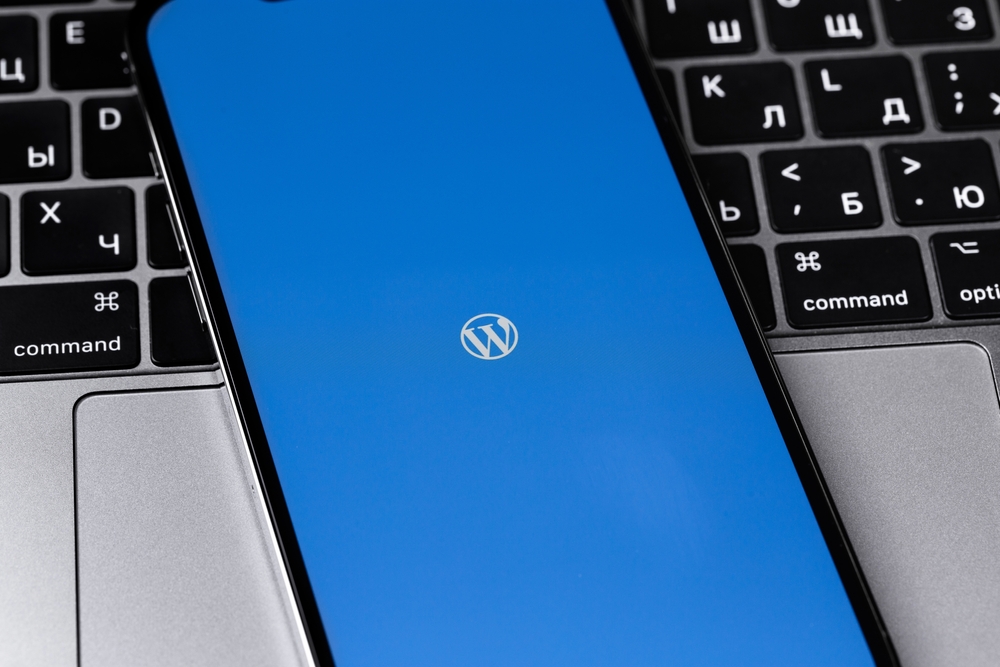WordPress is one of the most popular Content Management Systems (CMS) in the world. However, its popularity also means that it can be resource-intensive, which can impact your website’s performance, notes NIX Solutions. In this article, we’ll explore some tips and tricks to help you improve your WordPress site’s performance.

- Optimize Images: Images can have a significant impact on your website’s load time. To optimize images, you can use tools like Smush or WP-Optimize to compress and resize your images.
- Use a Content Delivery Network (CDN): A CDN can help improve your website’s performance by distributing your website’s content across different servers around the world. This can help reduce the load on your website’s server and improve your website’s load time.
- Use Caching Plugins: Caching plugins can help improve your website’s performance by storing a version of your website’s pages or posts. This can help reduce the amount of time it takes to load your website’s content.
- Use a Fast and Reliable Web Host: Choosing a fast and reliable web host is essential for improving your WordPress site’s performance. Look for a host that offers SSD storage, HTTP/2 protocol, and 24/7 support.
- Minimize HTTP Requests: Each HTTP request made to your website’s server can impact your website’s load time. To minimize HTTP requests, you can combine multiple CSS and JavaScript files into a single file.
- Optimize Your Database: Your WordPress site’s database can also impact your website’s performance. To optimize your database, you can use plugins like WP-Optimize or WP-DBManager to clean up your database and remove unnecessary data.
- Use Lazy Loading: Lazy loading is a technique that loads only the visible part of a page first, and then loads the rest of the page as the user scrolls down. This can help reduce your website’s load time and improve your website’s performance.
Improving your WordPress site’s performance can help improve your website’s user experience and reduce your website’s bounce rate. By implementing the tips and tricks mentioned in this article, you can help ensure that your website is fast and responsive, which can ultimately help improve your website’s search engine rankings.



